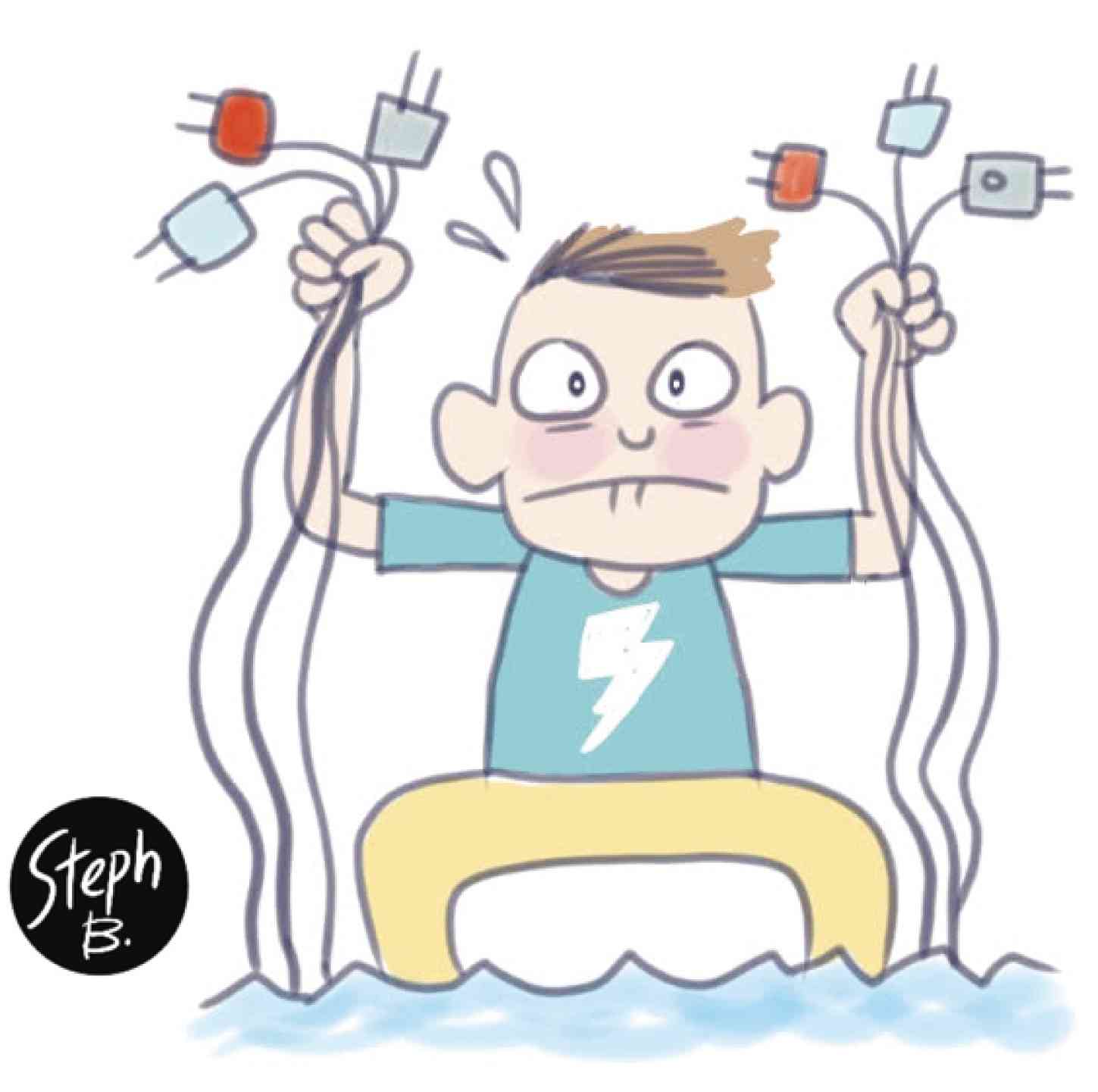Prepping for a flood-free home
Summer may soon be drawing to a close as we start to experience the first few rain showers of May.
While we expect the Philippine Atmospheric, Geophysical and Astronomical Services to soon declare the start of the rainy (or wet) season, there’s still time for you to prep your home against strong typhoons and heavy flooding. Here are some tips you may want to consider to flood-proof your home.
1 Seal all cracks in the roof and foundation
Inspect your roof and the foundation of your house for any holes and cracks and use sealants to repair these. Make sure that you use the sealant appropriate for the roof and your house. If necessary, you might want to also apply a fresh coat of paint on your roof to prevent rust from damaging it. You can also apply sealant to your walls, windows and doorways to help keep floodwater out.
2 Move your precious possessions to higher ground
Article continues after this advertisementIf your home has an attic or a second floor, it would be better if you move your valuables and important documents here. When the floods breach your home, you would have at least one less thing to worry about. Make copies of important documents such as birth and death certificates, land titles or insurance policies and place them in a waterproof safety box.
3 Elevate electrical components
This can reduce the damage floods can cause to your home. By elevating electrical sockets, switches and wiring 12 inches above predicted flood levels, you can prevent your home from turning into a hazard area. Bear in mind where your main electrical panel is located. Even during blackouts, you have to find your way to the main panel to switch it off. This will prevent grounding in your sockets.
4 Pack an emergency kit
Make it a dual purpose emergency kit: one you can use for evacuating or when trapped in your home. The kit should contain at least three days’ worth of water and food, along with other essentials including flashlight, medications, cellphones with chargers and copies of personal documents.
5 Update your insurance
Double check your home insurance. Make sure it includes a clause for flooding or the so-called “Acts of God.” If you live in a flood-prone area, it would be wise to purchase a home insurance as this may come in useful should you need to repair damages from flooding.




